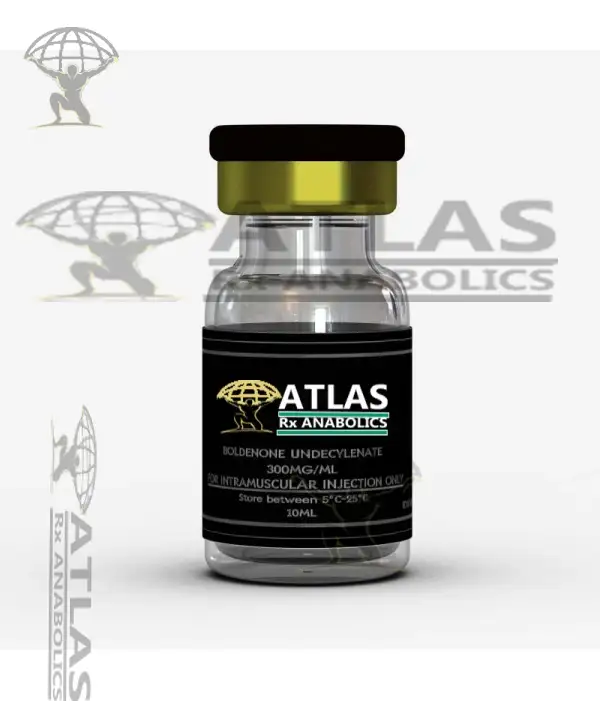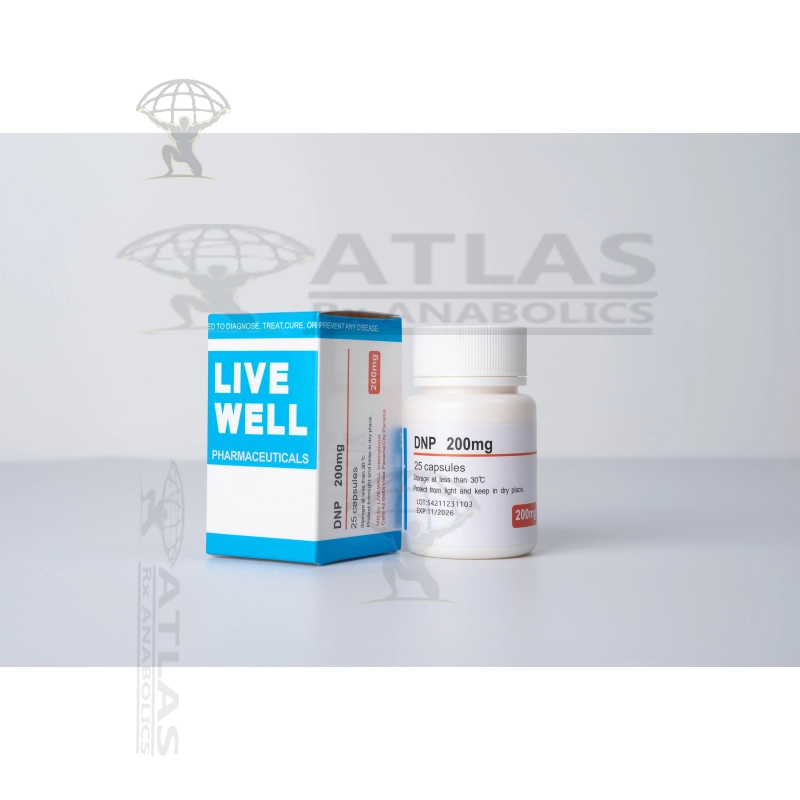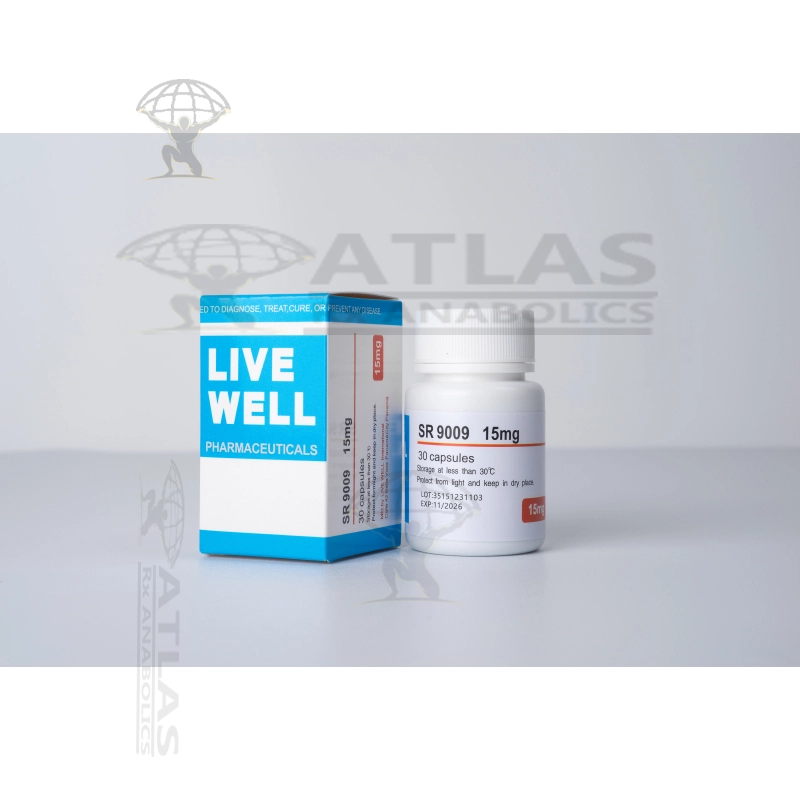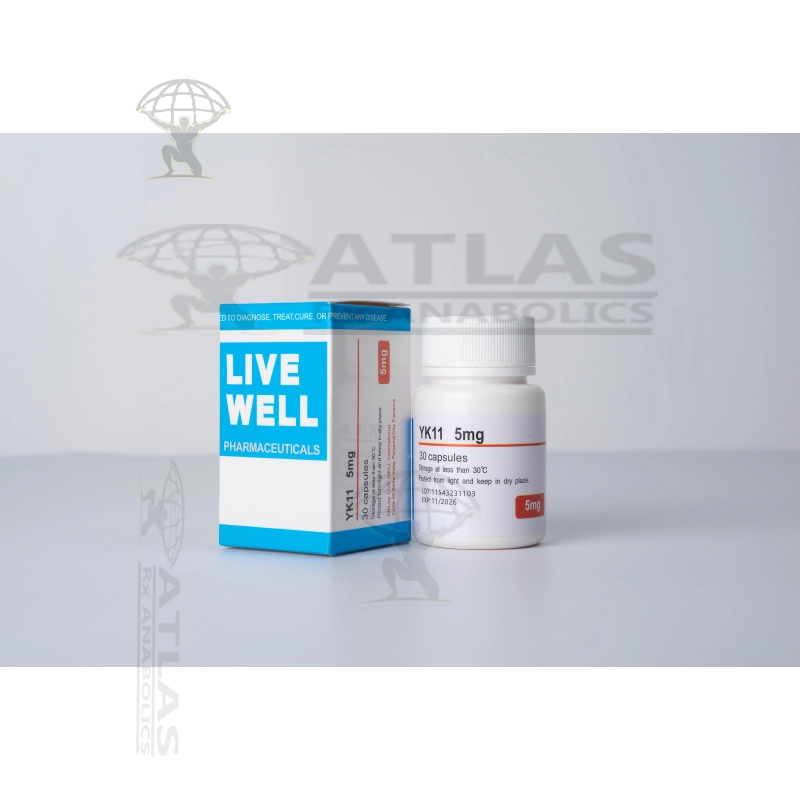Description for Boldenone Undecylenate 300mg - EQ
Boldenone Undecylenate (EQ) 300mg is a synthetic anabolic androgenic steroid (AAS) that is derived from testosterone. It is commonly used in the bodybuilding and athletic community for its ability to enhance muscle growth, strength, and endurance. EQ is also known by its trade name "Equipoise" and has been available in the market for several decades.
Boldenone Undecylenate is characterized by a long ester chain, which allows for a slow and steady release of the hormone into the body after injection. This means that users can expect a sustained effect over a prolonged period of time, typically lasting for several weeks.
One of the primary benefits of EQ lies in its ability to increase nitrogen retention in the muscles. This promotes a positive nitrogen balance, leading to enhanced protein synthesis, which in turn supports muscle growth and recovery. It also increases the production of red blood cells, improving oxygen delivery to the muscles and boosting endurance.
Another notable characteristic of Boldenone Undecylenate is its relatively low aromatization rate. This means that it converts to estrogen at a slower pace compared to some other steroids, resulting in a reduced risk of estrogenic side effects such as water retention, bloating, and gynecomastia.
Due to its anabolic properties, EQ is often used during bulking cycles to promote lean muscle mass gains and strength. It can also be utilized during cutting phases to help preserve muscle tissue while reducing body fat. However, it is important to note that Boldenone Undecylenate is not a magical solution and still requires proper diet, training, and recovery to achieve optimal results.
When using Boldenone Undecylenate, it is recommended to follow an appropriate dosage and cycle length. Typical dosages range from 200mg to 600mg per week, with a cycle duration of 8 to 12 weeks. It is advisable to start with a lower dosage and gradually increase it over time to assess individual tolerance and minimize the risk of side effects.
As with any steroid, there are potential side effects associated with Boldenone Undecylenate. These may include androgenic effects such as increased oiliness of the skin, acne, and potential hair loss in individuals genetically predisposed to male pattern baldness. It may also have suppressive effects on natural testosterone production, requiring post-cycle therapy (PCT) to restore hormonal balance.
It is crucial to note that the use of EQ or any other AAS should be done under the guidance of a healthcare professional or knowledgeable coach. They can provide personalized advice, monitor your health, and help minimize the risks associated with such substances.
In conclusion, Boldenone Undecylenate 300mg (EQ) is a popular anabolic steroid known for its ability to enhance muscle growth, strength, and endurance. When used responsibly and in conjunction with proper diet and training, it can be a valuable tool in achieving fitness and physique goals. However, it is essential to prioritize health, follow recommended dosages, and be aware of potential side effects.
Shipping Cost
On all orders is set at $25.00
Secure checkout
Protected by Bitcoin
Offer & gift here
On all huge orders









Michael Richardson
This product has improved my daily routine significantly. It is a great investment and highly recommended.